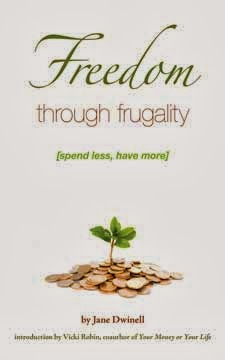 |
| Click to buy. This is an affiliate link |
This is a really excellent book.
I'm not sure why it's taken me so long to get around to reading it. It was recommended to me some time ago by my brother, who knows precisely what type of books will appeal to me, and he was right: I devoured this book in two sittings and eagerly wished for more. I understand that there's a documentary version of it that's also quite good.
Anyway: Freakonomics isn't a how-to, precisely, nor does it deal with any particular economic problem. Instead, it's roughly divided into a few essays that seek to find the relationship between apparently unrelated things: it talks about cheating among sumo wrestlers and teachers; it discusses the role abortion plays in crime; it questions whether parents really play an important role in the outcome of their offspring and whether names make a difference in your success. It does all of this in an engaging writing style filled with anecdotes, a style that easily breaks down complicated concepts.
What makes this book great isn't its conclusions (which are themselves quite insightful) but the fact that it shows you how those conclusions are made. It teaches you how to think critically, which is a skill sorely lacking among many people. It also adds a humanizing side to economics, which can seem horribly abstract and dull.
If I were to design a home-school curriculum, I would include this book as a supplemental text -- that's how good it is. (I often think of home-schooling my future children. As a home-schooled kid myself, it seems only natural). I recommend this book to everyone.


